‘Okuyi’ Punu people Mask – Gabon
This beautiful mask called ‘Okuyi’ or ‘Mukudji, is a superb classicism originating from the Punu tribe, south of Gabon. It was worn during acrobatic dances by men on stilts. It was worn during acrobatic dances by men on stilts. They may also have had a judicial function or worn on the occasion of collective misfortune such as (epidemic, crime, witchcraft).
Made of 100% wood, kaolin, pigments.
Model is W 30 – H 20 and weight 0.75 kg.
Description
This beautiful mask called ‘Okuyi’ or ‘Mukudji, a superb classicism, originating from the Punu tribe, south of Gabon. It was worn during acrobatic dances by men on stilts. The face is very well made, delicate, full of serenity with its white coating, closed eyes set on swollen eyelids The dark coating is made from crushed seeds mixed with palm oil. These masks may have served as training masks for novice dancers. They may also have been old white masks repainted black at the occasion of collective misfortune such as (epidemic, crime, witchcraft). They may also have had a judicial function and helped to uncover witches.
Black masks are rarer than the white ones among collections, perhaps due to their malevolent nature which may have made villagers hesitant to show them to Europeans. This mask is here remarkably translated by the sensibility of expression and patterns. The finesse of the lines – delicately hemmed lips giving a discreet movement, shaded arch of the shaded eyebrows, subtle hollow of the orbits determining the marked cheekbones – answers the narrow narrowed palpebral cleft of the eyes in almost closed “coffee beans”, suggesting a “vision Interior, The rare – median-pointed headband highlighting the frontal curve, and the large-scale motifs (4, 9 or 12) alludes to the number of primordial 9 clans among the Punu-Bayaca. The number 9 relates to the 9 original clans and the 9 migration routes. The distribution of the scales in a diamond shape signifies femininity whilst a square form signifies the masculinity. Given that many masks have a diamond shaped motif on the forehead and two square motifs on the temples, this may signify that these masks are in fact androgynous.
According to the tradition of the Punu masks of South Gabon with the face whitewashed with kaolin ( pembe ), the entity represented celebrates, through an idealized image, the beauty of women and their importance in social organization and the world of spirits. Objects which exalted the beauty and importance of women for the Punu, these masks were also among the first African objects to receive recognition from modern artists. The headdress made of large curved braid is more realistic than the headdress with nuts which is classic padded. Okuyi mask, an incarnation of an ancestor, occurring especially during mourning ceremonies. The term Punu can as easily signify ‘valiant warrior’ as ‘bandit of the great deadly path’. There was a dissident faction, the Bjag or Bayaca, meaning ‘warrior’, ‘wild’, ‘killer’ that battled against the Kingdom of Kongo (Christianized in 1491), and against the Portuguese that intervened following the taking of the Kongo capital San Salvador in 1569 by the Bayaca.
The Punu, or Bapunu (Bapounou), are a Bantu group of Central Africa and one of the four major peoples of Gabon, inhabiting interior mountain and grassland areas in the southwest of the country, around the upper N’Gounié and Nyanga Rivers. Bapunu also live in the Divenie, Kibangou, and Mossendjo districts of the Republic of the Congo. They are linguistically related to the Eshira. Punu traditions record a migration from the south sometime before the 19th century, as a result of wars somewhere between the Congo and Niari River. In the 19th century they gathered rubber, and participated in the slave trade, sending both their own and acquisitions from further inland to Loango and Fernan Vaz. In the present day, the Punu are noted for their cloth made of palm fiber, and for iron weaponry.
Additional information
| Weight | 0.75 kg |
|---|---|
| Dimensions | 30 × 20 cm |
| Material | Bronze, Wood, Ceramic, Terracotta, Woven rattan, Leather |
Leave a reply
Returns and Exchanges
There are a few important things to keep in mind when returning a product you purchased.You can return unwanted items by post within 7 working days of receipt of your goods.
- You have 14 calendar days to return an item from the date you received it.
- Only items that have been purchased directly from Us.
- Please ensure that the item you are returning is repackaged with all elements.
Ship your item back to Us
Firstly Print and return this Returns Form to:
30 South Park Avenue, San Francisco, CA 94108, USA
Please remember to ensure that the item you are returning is repackaged with all elements.
For more information, view our full Returns and Exchanges information.

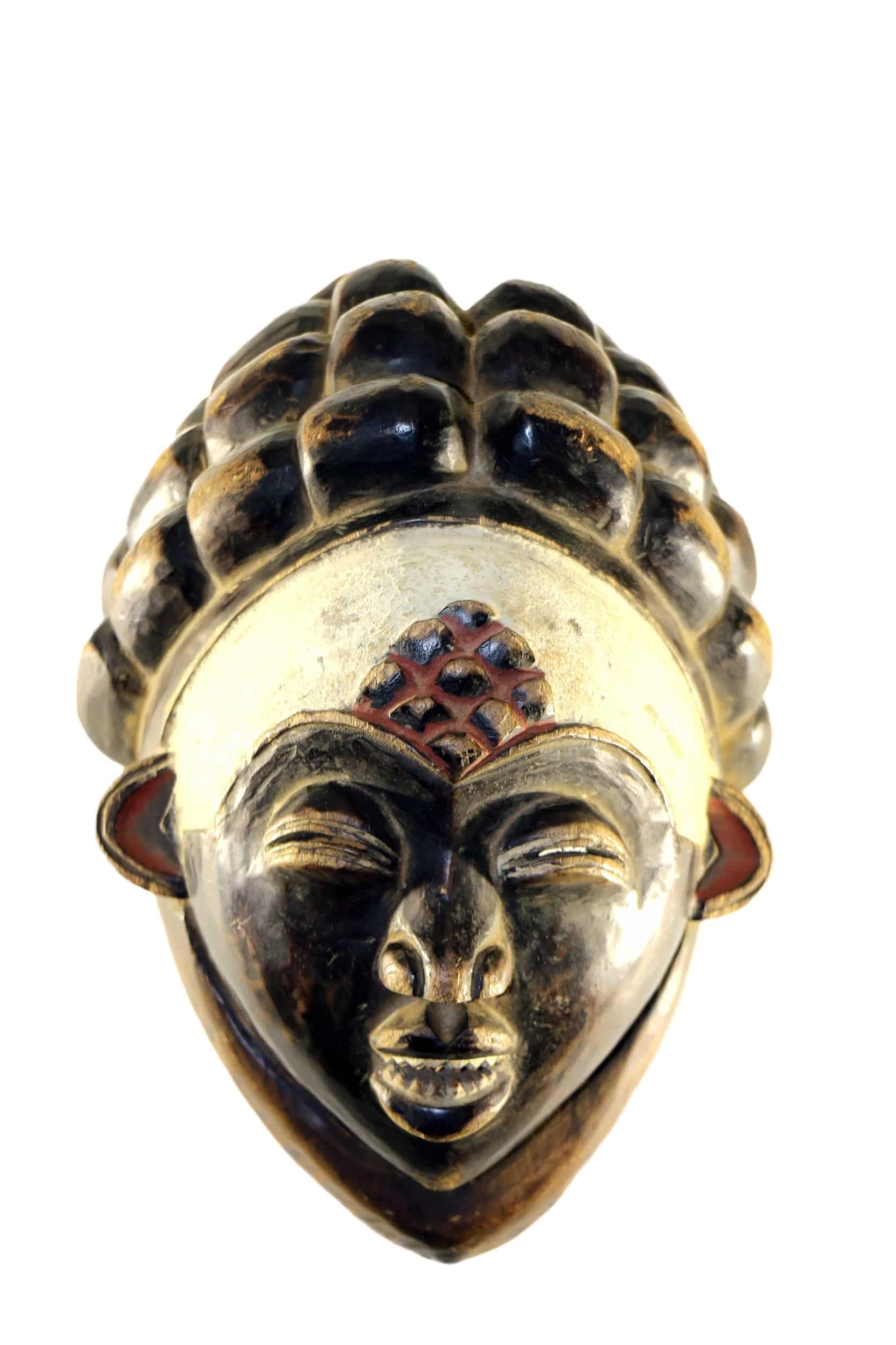
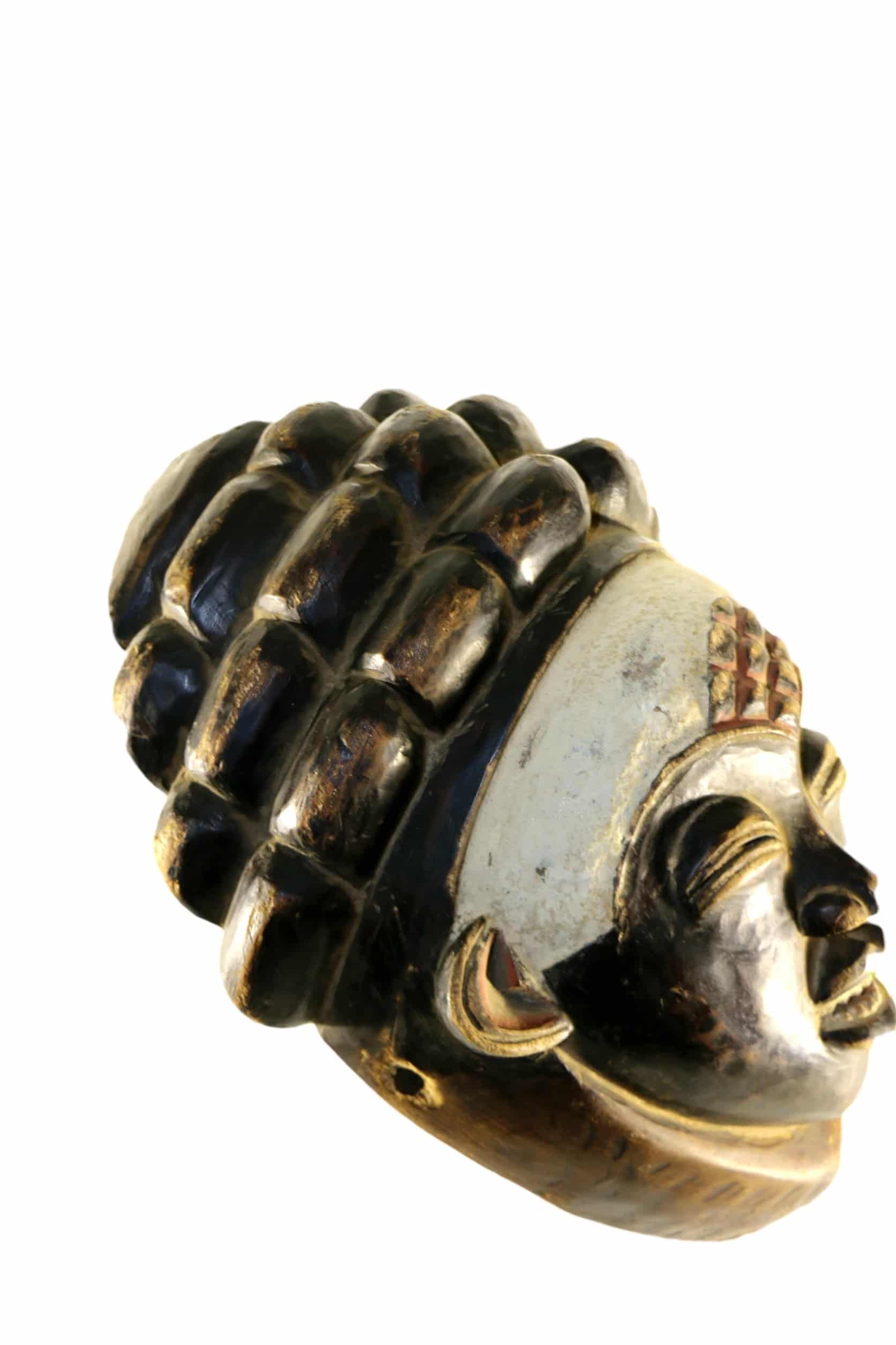
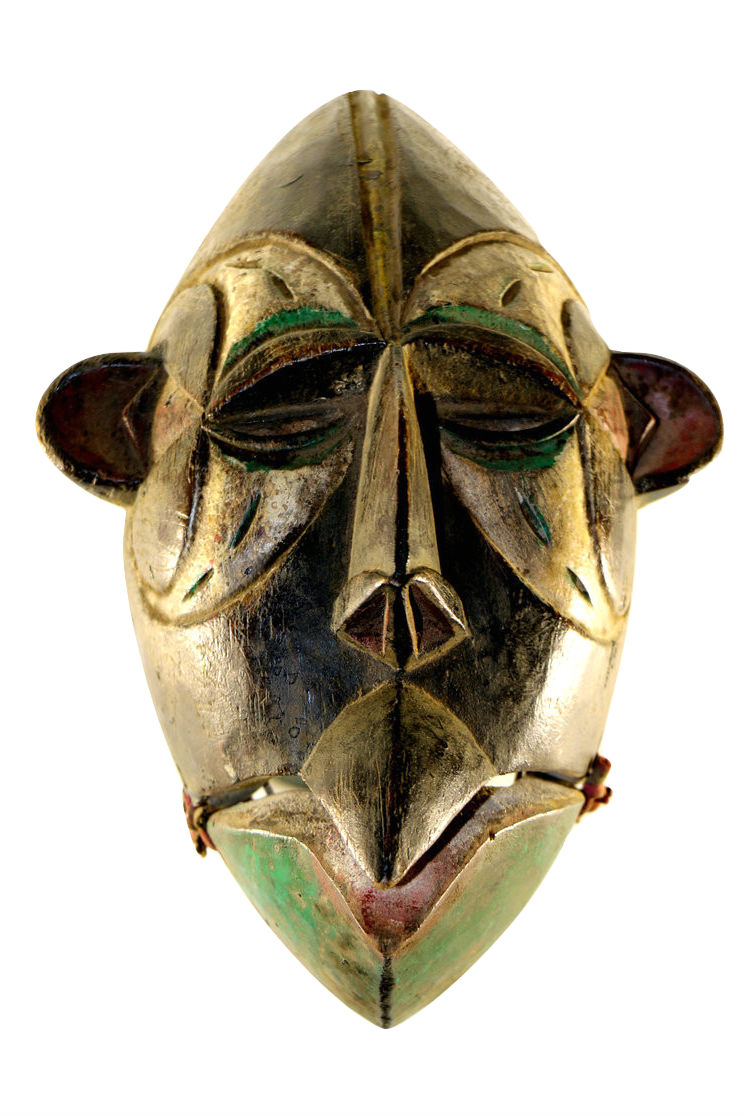
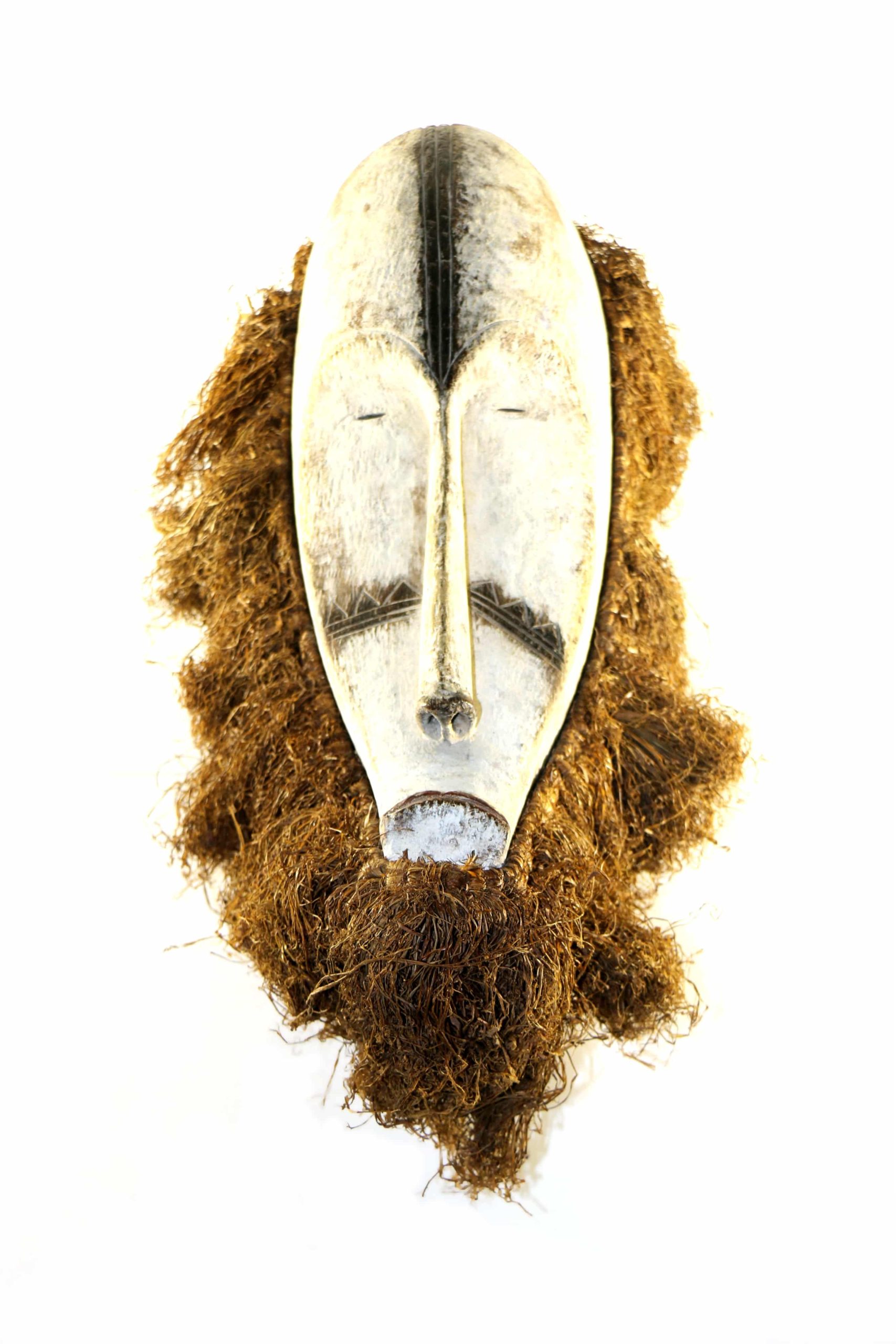
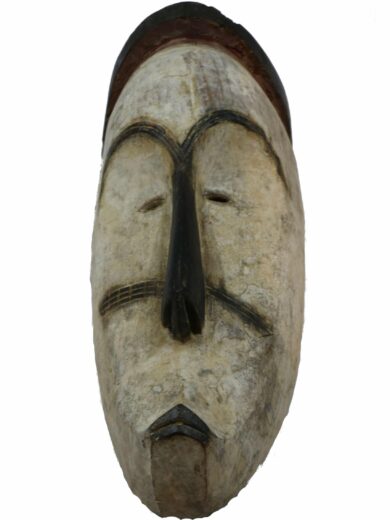
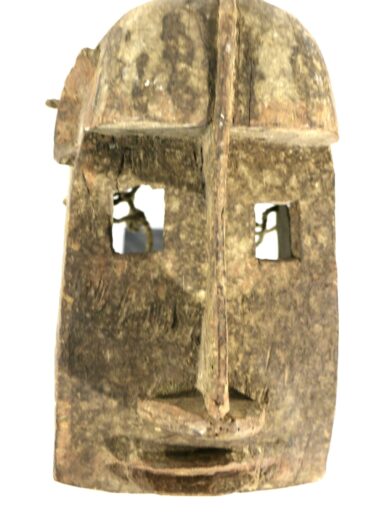

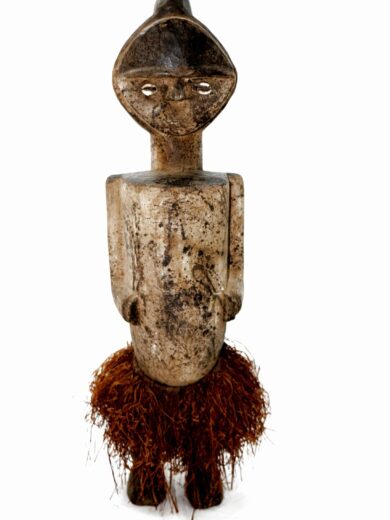
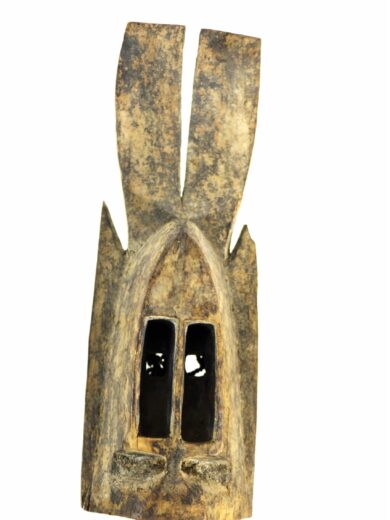
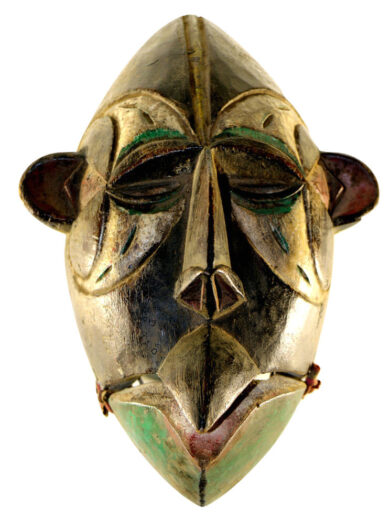
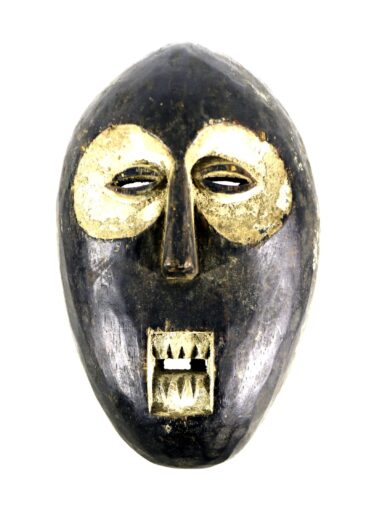
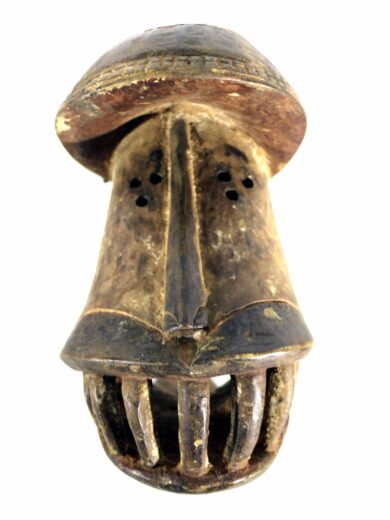
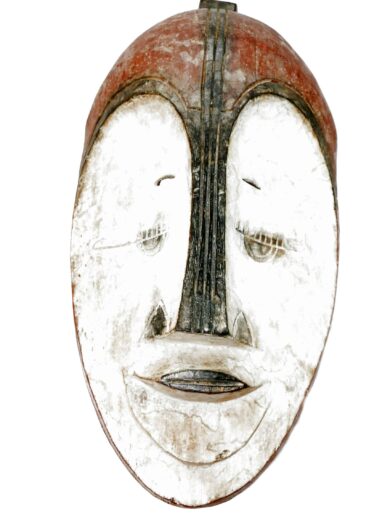

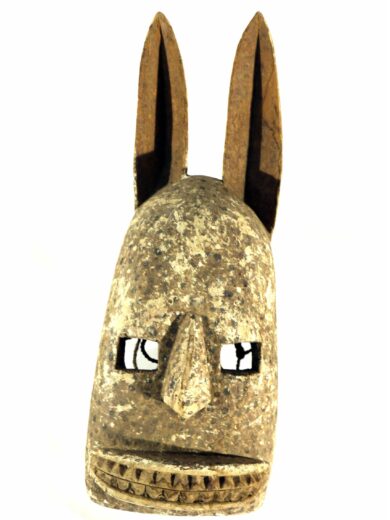
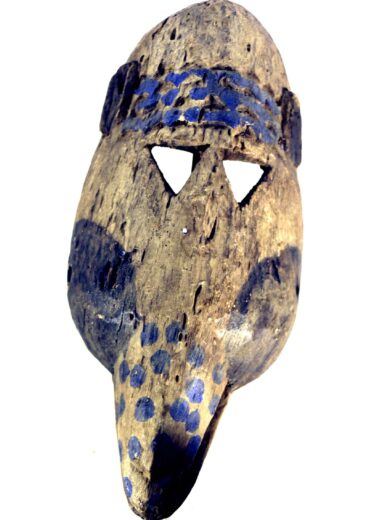
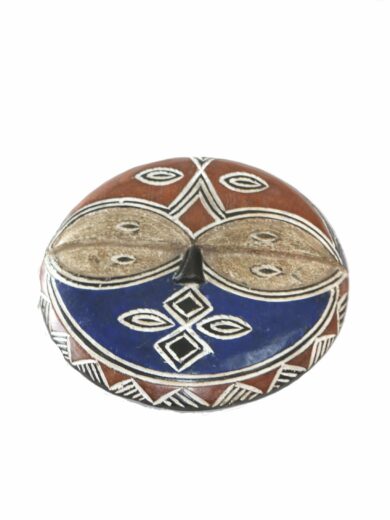
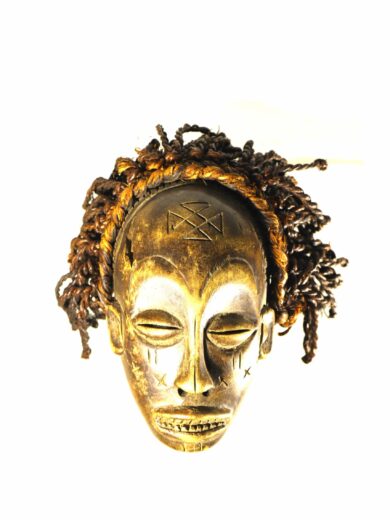
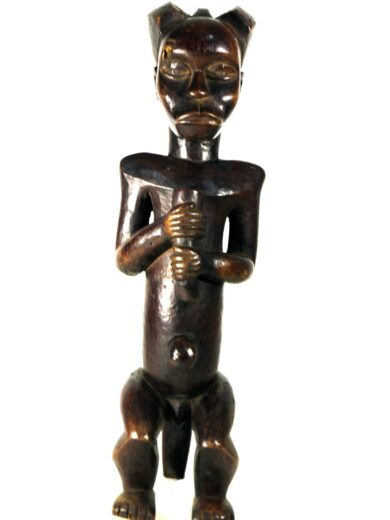
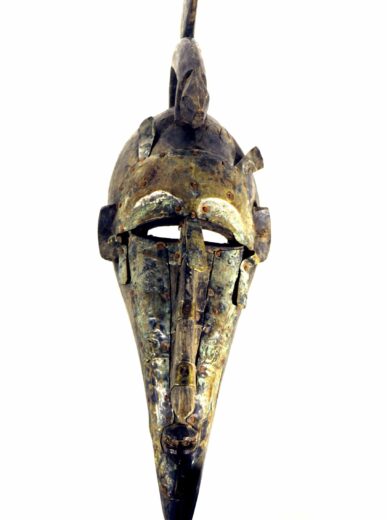
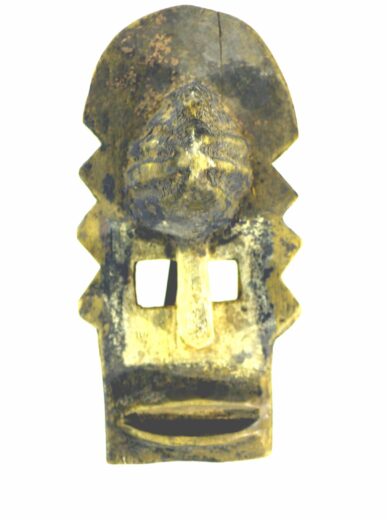
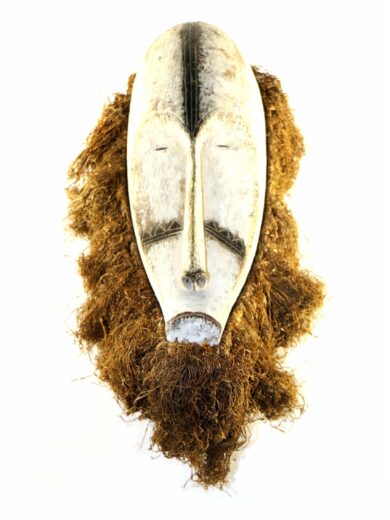
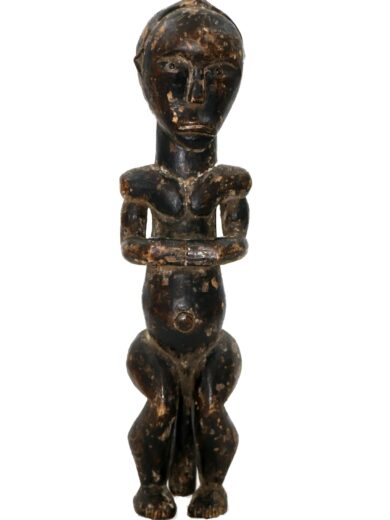
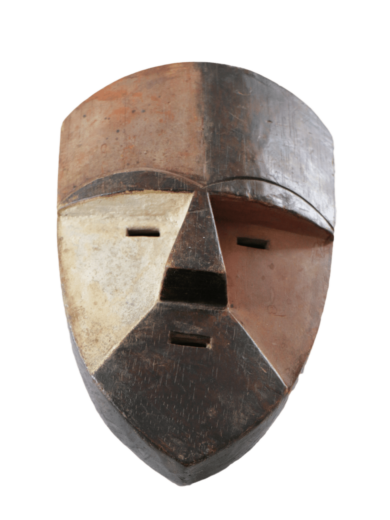
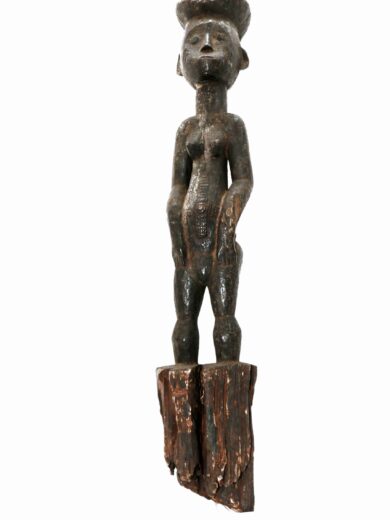

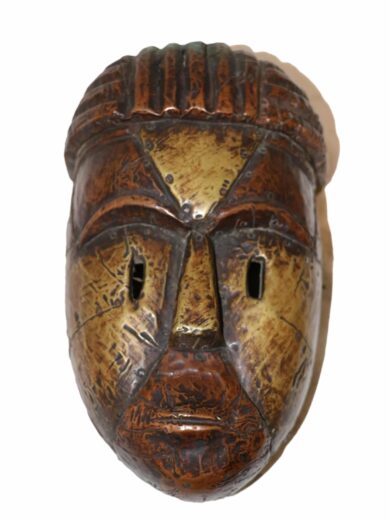
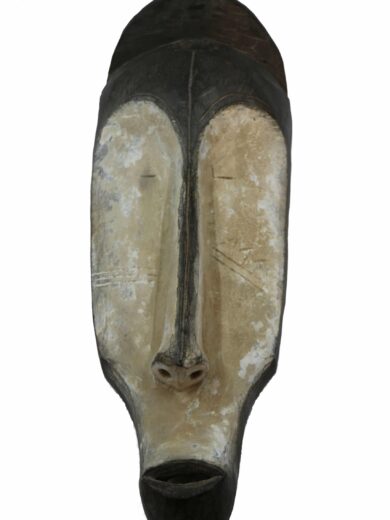
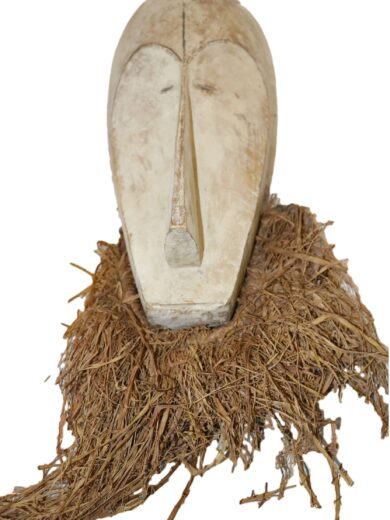
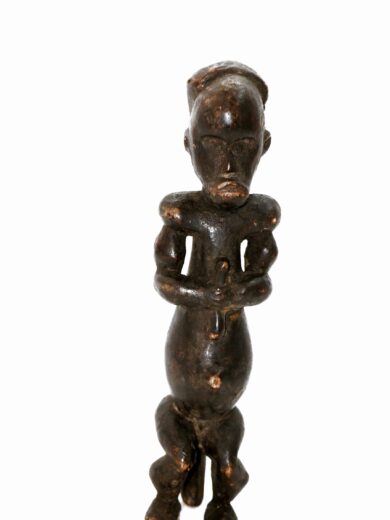
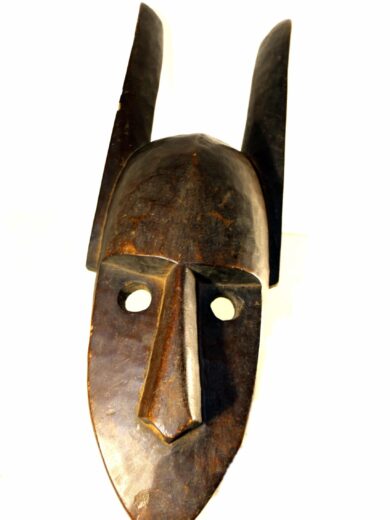
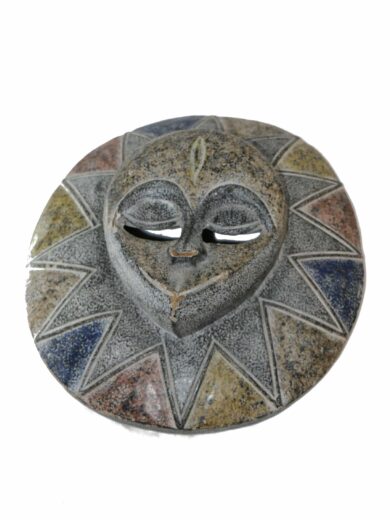
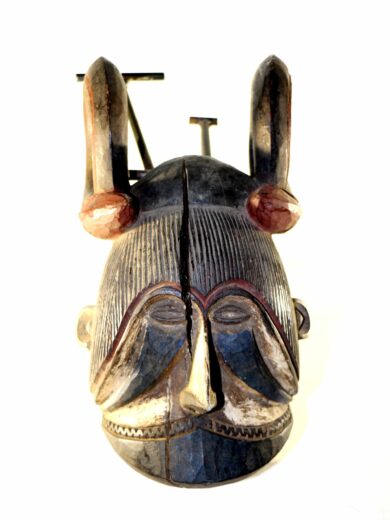
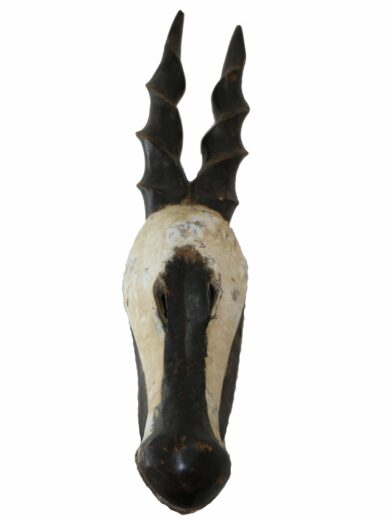
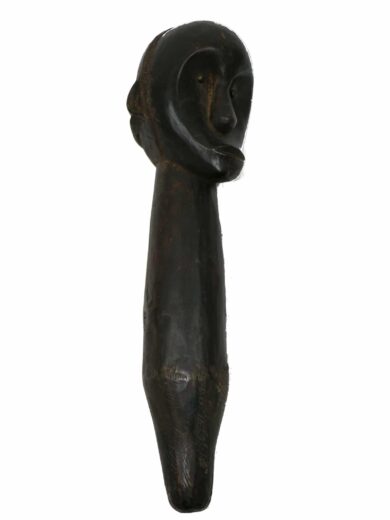
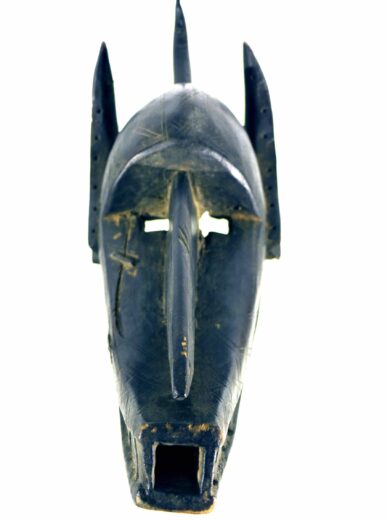
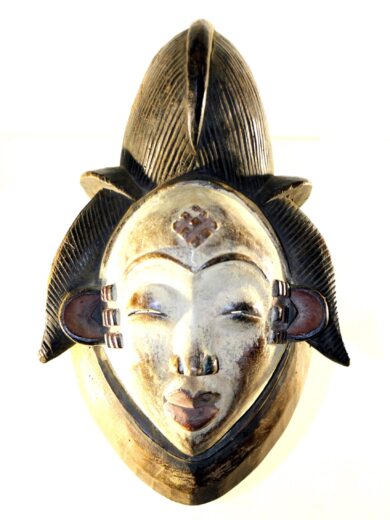
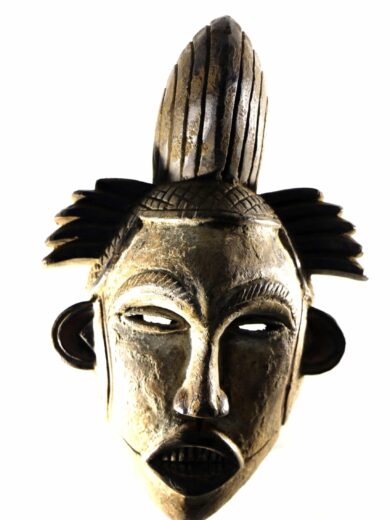
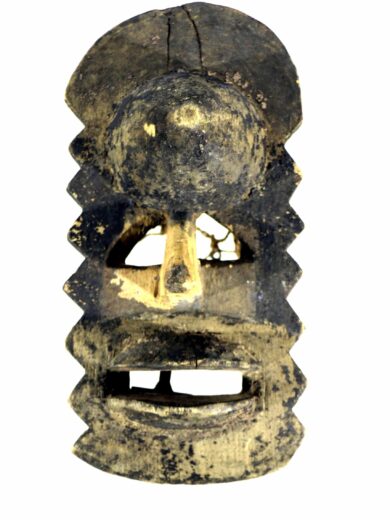
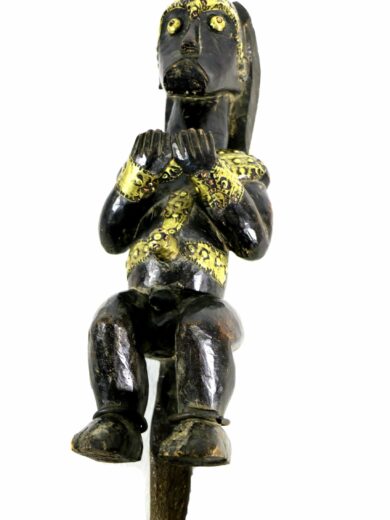
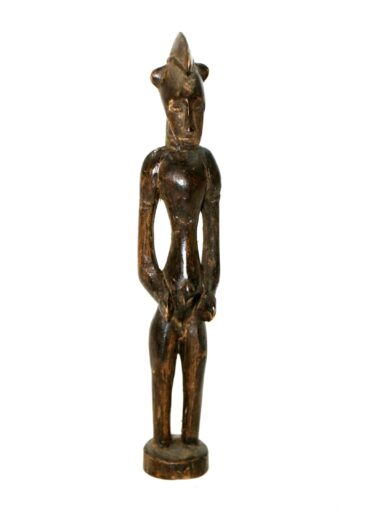
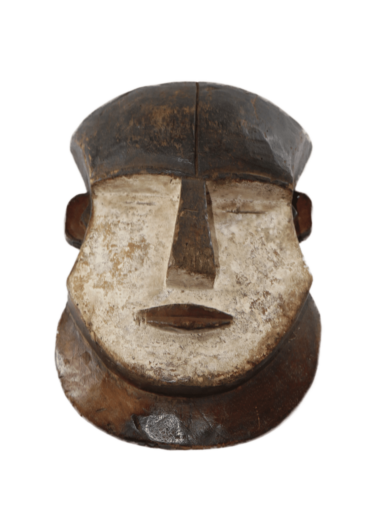
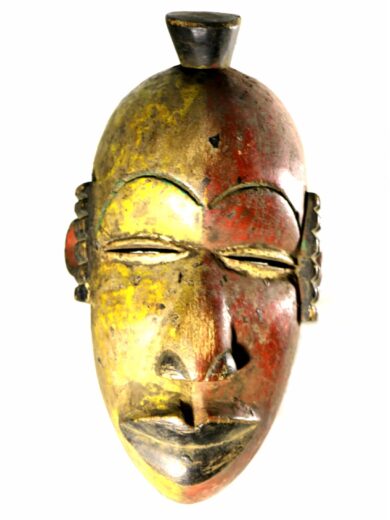
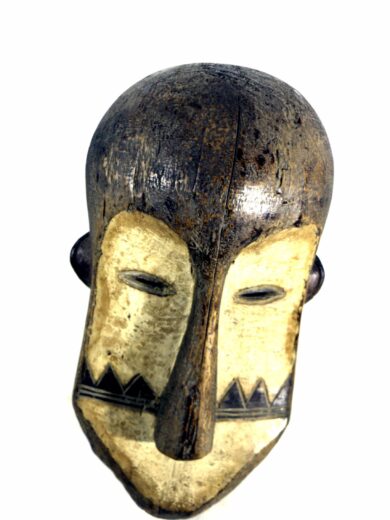
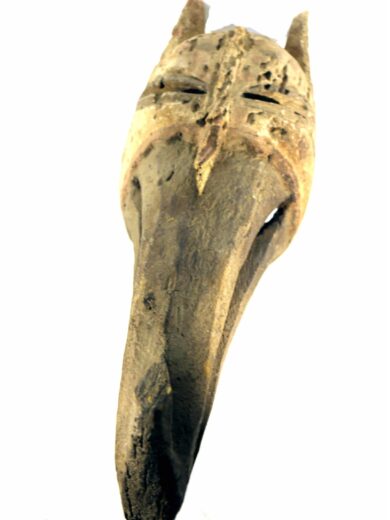
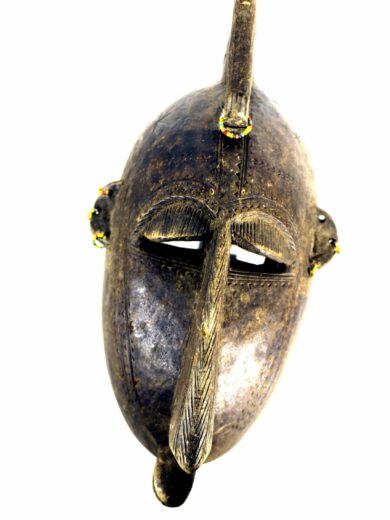
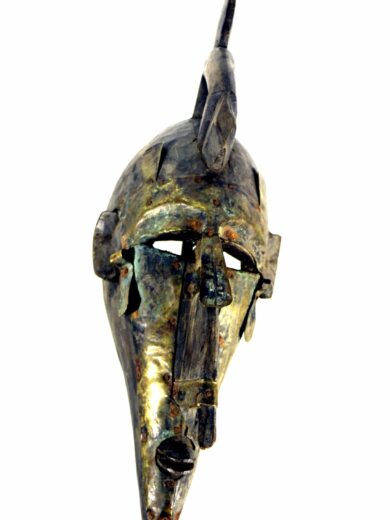
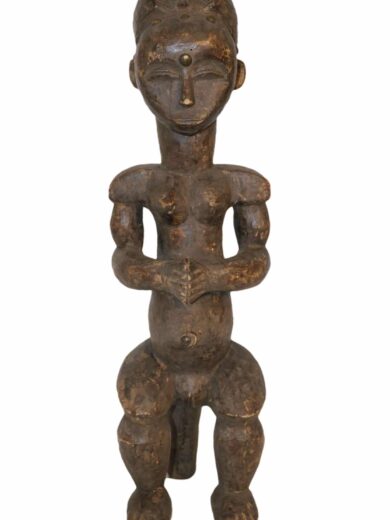
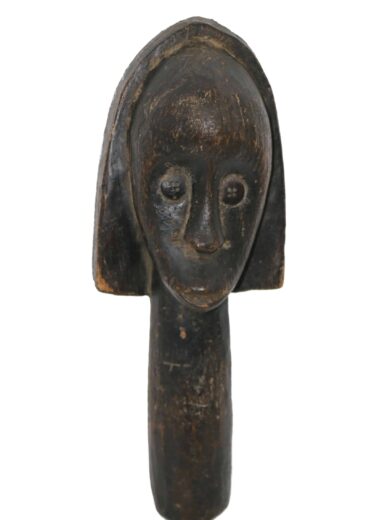
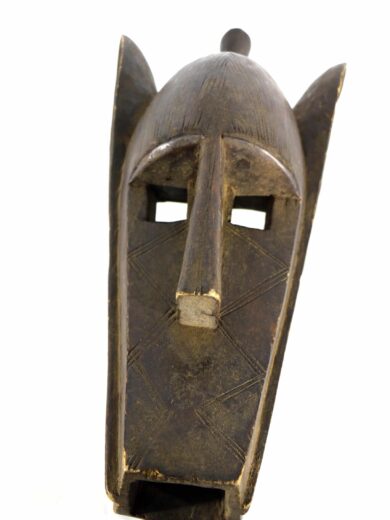

Reviews
There are no reviews yet.